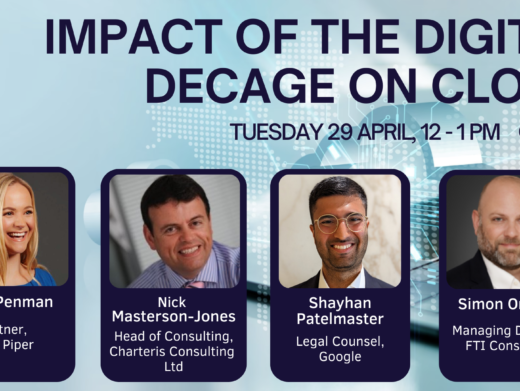In the last few weeks, I have resolved on a number of occasions to cover a new development on the SCL Web site or to note it in the Editor’s Blog, only to find that it has become so widely covered in mainstream media that there seems at first glance to be nothing for a specialist outlet to say. It is no great shock to find that Phorm and Pirate Bay are items for the 10 O’clock News because the pattern has been set by the mainstream coverage of data protection issues. It should make life very difficult for me but, fortunately, mainstream reporting rarely gets it right.
Phorm
I am using the term ‘Phorm’ as shorthand. I really should slap my own wrist hard for doing so because, despite some rather irritating mainstream coverage of the development, the European Commission intervention is not about Phorm, that, I suspect, is destined to be the sideshow. It is true that the Commission uses the trials of Phorm as a point of entry but Viviane Reding said ‘I call on the UK authorities to change their national laws and ensure that national authorities are duly empowered and have proper sanctions at their disposal to enforce EU legislation on the confidentiality of communications’. So it is about a drive to force changes in our laws to provide more protection for ‘consumers’. Given her recent pronouncements on RFID and the need for social networking sites to highlight privacy, it may be that a very large can of worms is opening. My feeling is that we are looking at a massive clash of cultures which is going to run and run – and that Ms Reding hopes to shape UK privacy and data protection law for cyberspace into a very different creature. Will she have more success than home-based critics of government policy in countering the arguments about terrorism and the like? I think she will.
I hope the SCL web site will have a proper analysis of this development from an EU perspective by the time you read this.
Pirate Bay
The Pirate Bay case does shock me slightly. Not the verdict itself, because, while the smorgasbord of Eastham expertise does not include Swedish copyright or criminal law, the various pronouncements of the offenders did enable me to identify them as a set of vainglorious chancers. What shocked me was the reaction. I may be reading the wrong sources but I have yet to read anything that rejoices in a criminal network being brought to justice. (That is unless you count the reactions from the spokespersons for rights holders in film etc who somehow, magically, manage to alienate with every word they utter.) A media reaction which simply rejoiced in their conviction would of course have been ludicrously simplistic, but so is reporting which makes the Swedish court sound like a cross between King Canute and the Gestapo.
The reaction has a bright side. I am half way to awarding myself the prize for most accurate prediction because I did refer to ‘a real possibility that IP protection and the enforcement of rights will become a mainstream political issue in the next three years, as copyright holders have hoped for years. The catch is that the votes are not in increased protection but in reduced protection – copyright enforcers may become as much loved as traffic wardens’. That, he said smugly, is just how it is looking and (I can scarcely believe this bit), in the forthcoming election, we are almost guaranteed manifesto commitments on copyright. The nature of those commitments is still very much in the balance. And, whatever is decided, any wording will have to take careful account of the long-running battles in Brussels.




